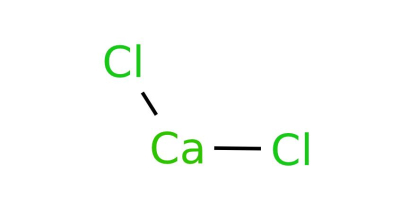Manganese Carbonate CAS#598-62-9
Natural Source: Manganese(II) carbonate is derived from the mineral rhodochrosite, ensuring a natural origin.
Laboratory Preparation: Easily synthesized by adding sodium bicarbonate to manganese(II) salt saturated with carbon dioxide.
Monohydrate Form: The product is in a stable monohydrate form (MnCO3•H2O), ideal for various applications.
Pale Pink Appearance: It forms a visually distinct pale pink precipitate, useful in both industrial and laboratory settings.
Manganese(II) carbonate is extracted from the naturally occurring mineral rhodochrosite. In the laboratory, it can be prepared as a pale pink precipitate by adding sodium bicarbonate to a manganese(II) salt solution that is saturated with carbon dioxide. The resulting product is the monohydrate form, MnCO3•H2O.
Parameters
Melting point | 350°C (dec.) |
density | 3.12 g/mL at 25 °C(lit.) |
solubility | dilute aqueous acid: slightly soluble(lit.) |
form | |
color | Light brown to violet |
Specific Gravity | 3.125 |
Water Solubility | Soluble in water(0.065g/L), dilute inorganic acids. Insoluble alcohol. |
Merck | 14,5726 |
Solubility Product Constant (Ksp) | pKsp: 10.63 |
Exposure limits | ACGIH: TWA 0.02 mg/m3; TWA 0.1 mg/m3 |
Stability: | Stable. Incompatible with strong acids, strong oxidizi ng agents. May be moisture senstive. |
LogP | -0.809 (est) |
CAS DataBase Reference | 598-62-9(CAS DataBase Reference) |
EPA Substance Registry System | Manganese carbonate (1:1) (598-62-9) |
Safety Information
Safety Statements | 22-24/25 |
WGK Germany | 3 |
RTECS | OM2470000 |
TSCA | Yes |
HS Code | 2836991780 |
Hazardous Substances Data | 598-62-9(Hazardous Substances Data) |
Manganese Carbonate is widely used as an additive in plant fertilizers to address manganese deficiencies in crops. It also finds applications in health foods, ceramics (as a glaze colorant and flux), and concrete stains. Additionally, it is employed in medicine as a hematinic, a nutrient essential for blood cell formation during hematopoiesis, with key hematinics including iron, B12, and folate.














